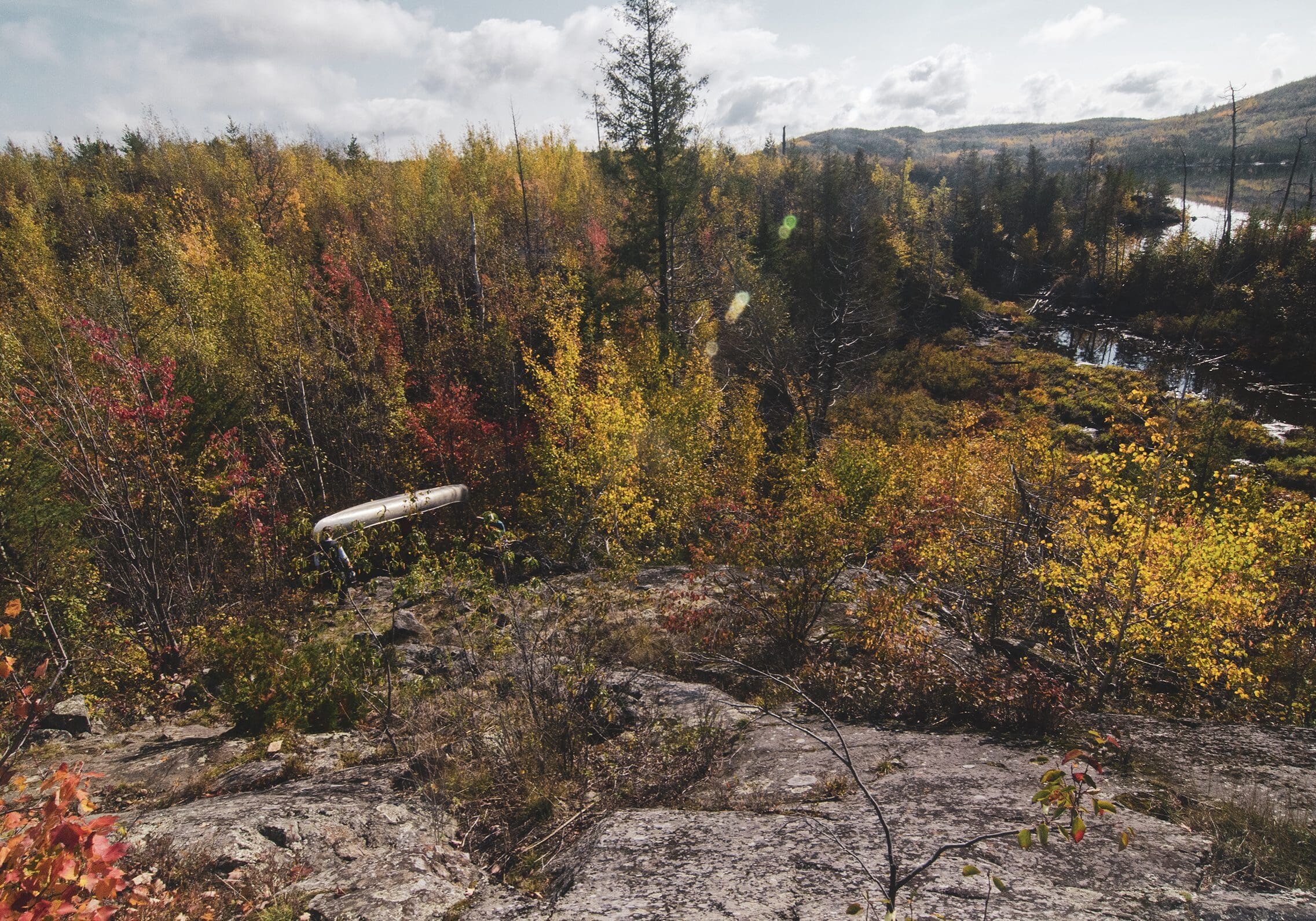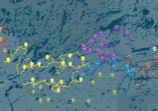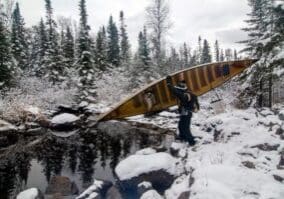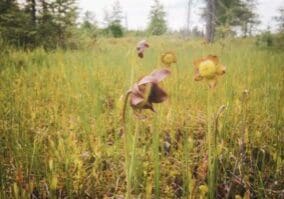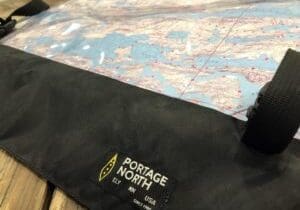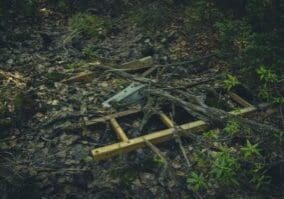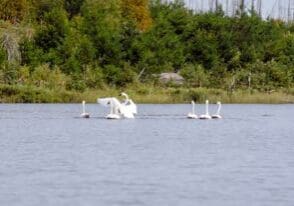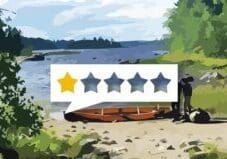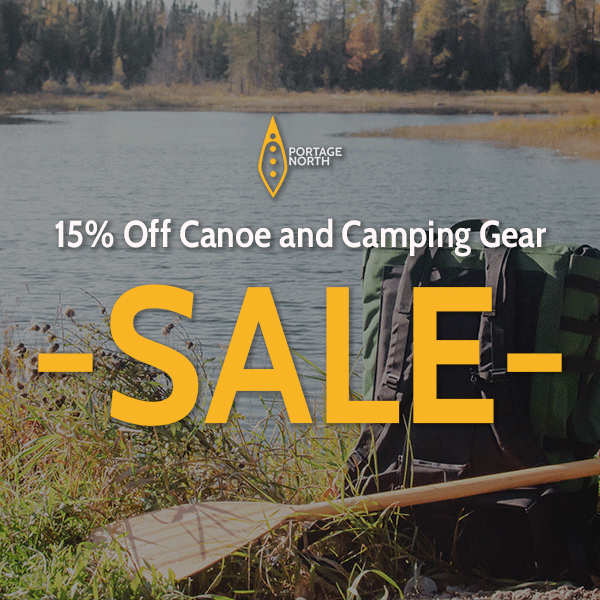Sign up for our newsletter to receive updates about new articles, great deals, and information about the activities you love and the gear that makes them possible:
Have You Read Our Other Content?
The 12 Longest Portages in Canoe Country
The act of portaging between two waterways is usually, understandably, an intentionally short affair. Paddle to the closest point between two water bodies and then portage. This doesn’t make it easy or “type 1 fun” every time, but it’s the burden we bear for wilderness travel. Some portages stick with us whether they are steep…
How to See the BWCA in One Trip
When it comes to planning trips, I can be a bit of a dreamer, and if you’re anything like me, you spend a great deal of time thinking about what could be possible. I may not have the days lined up or the permits pulled yet. I may not even know which friends will…
Is it possible to visit EVERY lake in the BWCA?
This is one of those funny questions. I don’t know if other major BWCA trip enthusiasts have had to encounter it, but I certainly have. It usually comes from someone that isn’t that familiar with the Boundary Waters who, upon hearing of your adventures and how much time you’ve spent, wonders if you’ve been to…
The Comprehensive Guide to Portaging Like a Pro
We all took our first portage somewhere. From those first tender rods on wobbly legs, we each struggled to carry all our gear from lake to lake. For many of us, this was also a time of questions: “Why did I bring so much gear?”, “Why is my canoe so heavy?”, “Am I in good…
Map Mondays – Week 3 – Crab Lake/Cummings Lake to Big Lake
As part of our continuing series on the “route planning game,” we are creating routes using randomly selected entry points, exit points, and number of days to create unique and fun BWCA routes. This week is an arduous 6 night trip through the far western reaches of the BWCA. This area of the BWCA can…
How to Name Over 1000 Different Lakes – The BWCA
The Boundary Waters have seemingly endless lakes bearing names from Ojibwe, French, English, or English mistranslations, misspellings, or honest translations of the Ojibwe. Many have fascinating backstories of how they came by their names. Some lakes have seemingly had the same name as long as time can remember while others have switched multiple times. This…
Smoke On the Horizon – How Fire Towers Changed BWCA History
A drive out from Ely today, and you won’t see many fire towers. They’ve vanished as antiquated methods of dutiful rangers past. But less people remember how those fire towers have shaped our wilderness experiences.
Wildlife in Wildlands – A History of BWCA Wildlife
The Boundary Waters Canoe Area Wilderness, Superior National Forest, and Voyageurs National Park make up the largest wild landscape in Minnesota as well as being one of the largest wild spaces east of the Mississippi in the US. Combine that with wildlands directly across the border in Quetico Provincial Park and the surrounding crownlands, and…
Worst BWCAW Reviews – The Wilderness is NOT for Everyone
This time of the year, the itch for that perfect summer canoe trip begins to intensify as permits are pulled, routes are planned, gear is cleaned, and the days begin to lengthen! It’s also time to remember that for every person who lives and breathes their wilderness trips, there is another who writes theirs off…


